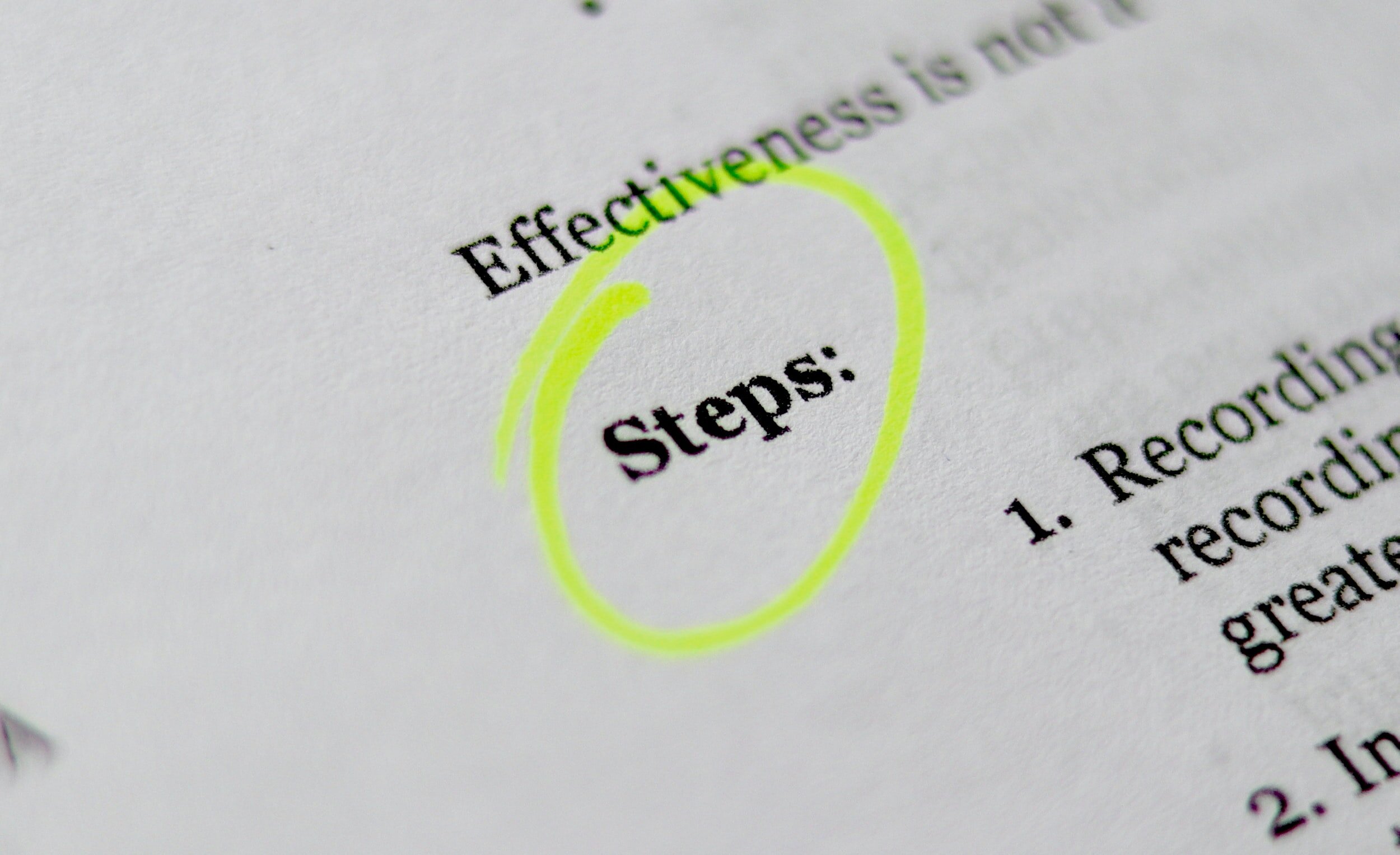10 Tips for Improving Your Communication Skills
/While it is true that for some professionals, communication comes naturally, most have had to learn it the hard way. It is not easy to become a good communicator. Practice is the only way. According to BABOK V2, communication is one of the main competencies of business analysts. It is constantly assessed at interviews and it is required to perform effectively on the job.
Communication, simple as it sounds in theory, can be quite complex in practice. In addition to knowing when to communicate is the additional challenge of knowing how to communicate. Writing and speaking are two essential forms of communication and the underlying rules and styles should be mastered. Understanding this will ensure that communication with stakeholders is effective enough to save you from potentially embarrassing situations.
This article provides 10 quick tips for improving your written and oral communication skills.
1. Draft documents using the proper language with clarity and in a concise manner. When a business document is poorly written, it can have potentially disastrous consequences. In business writing, clarity is key. For instance, instead of saying, ‘‘due to the current situation’’, explain what the ‘current situation’ is.
It is also not advisable to use complicated terms and jargons. Sentences should be short and to the point. If a word is not necessary, it should not be used. As much as possible, use plain language instead of professional acronyms and terms.
2. When explaining things and accentuating ideas, avoid exclamation marks.
3. It is better to use sign-offs like ‘Regards' or 'Best' than over-friendly ones like 'XOXO'. The language used should be appropriate to the audience.
4. Grammatical errors should be avoided. After working on the document, remember to check for grammatical errors by reading the document out loud and making use of a Grammar checker (e.g. Grammar Base). You could also subscribe to sites like Grammar Girl for tips on how to improve your grammar.
5. When communicating verbally, your words should be audible. Where there needs to be emphasis, it is better to change your tone while uttering the word. Business Analysts should understand the importance of tone and its impact on the listener.
6. While speaking, fillers like 'umm' and 'err' must be avoided. They are distracting and can be annoying if used excessively.
7. It is a sign of poor communication to interrupt when someone else is speaking.
8. Oral communication involves speaking as well as listening. Listen to others when they are speaking. It is only when someone understands you and you understand them that communication can be said to have taken place. Read Are you Really Listening? 5 Ways to Improve your Listening Skills for more ideas on how to improve your listening skills.
9. While speaking to a person, eye contact must be maintained. Read Body Language & The Importance of Non-Verbal Cues for more ideas on this.
10. Ask questions and provide clear answers when someone asks you a question. Any doubts that surface during discussions must be cleared before moving on to the next point.
Public and private business entities depend on documents to communicate information that is vital to their business. No organization can survive without effective communication. Success in business depends largely on how communication is achieved since almost every business activity has to be planned or envisioned through the written word. As an analyst, you may find yourself writing reports, report summaries, letters, presentations, memos and other documents that communicate something about the business. Improving your business writing and oral communication skills will ensure that staff, customers and other stakeholders understand the business and its objectives.
Author Bio
I am Rhys Bates. I work with Washington writing company, which deals with students' writing skills development. Our efforts are directed towards helping students boost their confidence and get the best out of their abilities.










Transporting hazardous liquids is a critical operation across industries like chemicals, mining, and agriculture. With growing demand and increasing emphasis on sustainability, businesses are facing heightened challenges and responsibilities in 2025